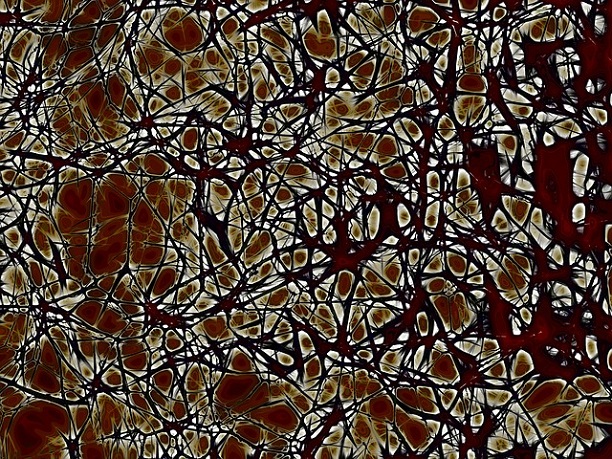A team of Canadian doctors have successfully and non-invasively broken through the blood-brain barrier that protects the brain in order to deliver chemotherapy treatments directly to a patient’s malignant brain tumor. The blood-brain barrier protects the brain by lining its blood vessels to prevent toxic substances from entering, but it has also posed as a sort of brick wall when it comes to trying to get inside and treat sicknesses such as cancer.
In order to get past this barrier, the scientists were able to use the vibrations of ultrasound waves and tiny gas bubbles inserted into the blood stream to separate this cranial curtain and treat their patient’s tumor more directly. This advancement could allow for many new types of treatment for brain ailments including illnesses and even disorders.
Six to ten other patients will undergo the same procedure as part of a trial to make sure this new type of surgery will work.
This technique, put to use at Sunnybrook Health Services Centre, means that doctors might be able to now treat cancer patients with potent drugs that otherwise might not have worked.
The blood-brain barrier has been a persistent obstacle to delivering valuable therapies to treat disease such as tumors. We are encouraged that we were able to temporarily open this barrier in a patient to deliver chemotherapy directly to the brain tumor.
In order to breach the barrier and get the treatment directly to the patient’s tumor, the doctors infused her bloodstream with chemotherapy drugs as well as microscopic gas-filled bubbles which were smaller than red blood cells and could pass freely through blood.
This non-invasive procedure could also eventually be used to treat other diseases of the brain including Parkinson’s and dementia. Many more safety trials are needed to make sure that the treatment will always deliver these results, and that it will not have any side-effects.
The Focused Ultrasound Foundation funded the research. Neal Kassell expressed his delight at the procedure’s success. “We are encouraged that we were able to temporarily open this barrier in a patient to deliver chemotherapy directly to the brain tumor.”
The patient, 56-year old Bonny Hall, said she was both excited and nervous “if I can help in any way”.
Egle Solito, a senior lecturer at Bart’s and The London, Queen Mary’s School of Medicine and Dentistry, is cautiously optimistic. “We need lots more research. The blood-brain barrier is a sealed system that protects the brain and when you open it, even temporarily, there are risks.”
























